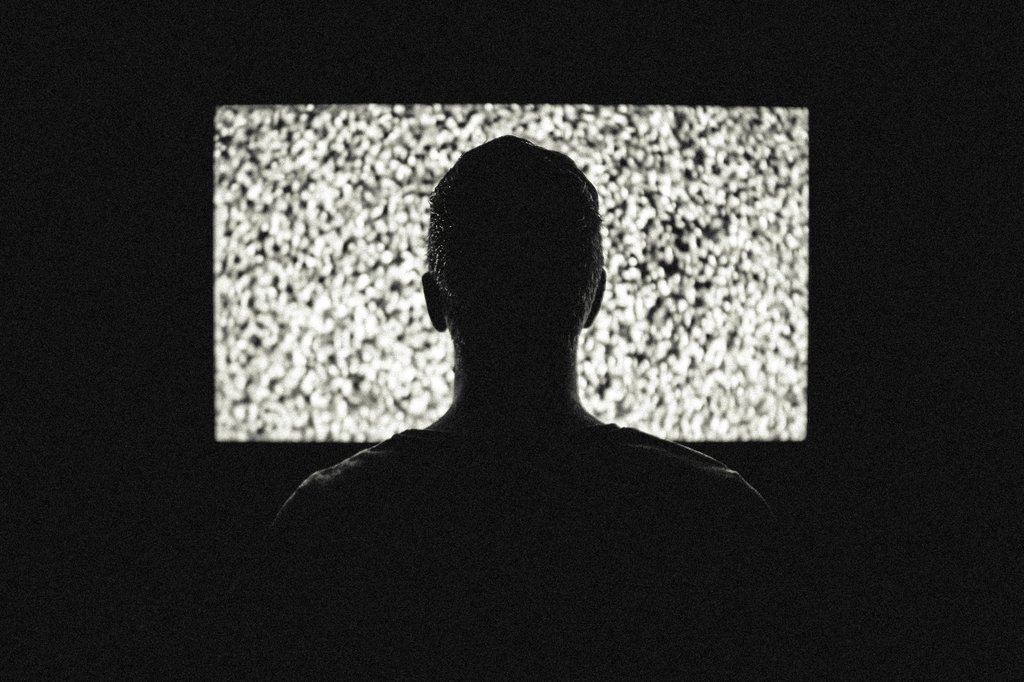Important Things to Know when Buying a new TV

A TV is an important investment. With the proliferation of new technologies in the last few years, it is more important than ever to know exactly what you are buying. Here is a handy guide to the important features to pay attention to.
Screen Resolution
Whether or not you know it, this has been pushed down your throat for years. Simply put, the more pixels per inch, pixel density, the better the resolution you will see.
4K is the resolution you want. The computer screen you are reading this on most likely has 1080p resolution, meaning the screen has 1080 lines of resolution. Other names for this resolution are HD or 1K. As the above graph shows, 4K has twice as many lines in each direction for a total of four times as much resolution.
Video games are the primary reason to utilize 4K currently, but more and more TV shows and movies are being released in 4K. Definitely look for 4K or "Ultra-HD" on your next TV purchase.
Refresh Rate
This one is simple, how many times per second your screen redraws itself. More is better. Current TVs have a refresh rate of 60 Hertz (Hz) or 60 images per second. Look for TVs that have 120 or even 240 Hz.
In scenes with rapidly moving objects, the action will appear blurry or janky. The solution to this was for manufacturers to double or even quadruple the refresh rate in order to show more realistic motion.
Caution: look for "effective refresh rate" and AVOID as it means the actual refresh rate is half, e.g., 120 Hz effective rate is actually 60 Hz with black screens inserted in between frames to trick your eye. Such trickery makes the image look flat and unnatural.
Screen Size
How large a TV you buy depends on many factors, but your budget is the most important. Luckily, TVs in the 50" - 60" range are becoming more affordable. To appreciate the resolution of 4K you need a sufficiently large screen. Congratulations if you can afford a 70" - 80" TV but around 50" is sufficient to appreciate higher 4K resolution.
Unlike with HD screens, sit closer to a 4K screen so you can appreciate the incredible detail in the scene. With an HD TV, you sat far enough back so you could not distinguish individual pixels, this is almost not an issue with 4K resolution.
For screens smaller than 30", like for a kitchen or bedroom do not bother with 4K screens, or even 1080p. At such small screens, the human eye cannot distinguish detail beyond 720p. Here is an explainer by Amazon that will give you all the info you need to know about the proper screen size.
Curved Screens
This is a gimmick, through and through. They are a fashion statement, nothing more. They detract from user experience because the viewing angle is substantially smaller and Consumer Reports has reported that some testers experienced visual fatigue.

Most manufacturers are phasing out curved screen TVs. Yes, they look cool but they detract from the viewing experience, are at least $200 more expensive over a comparably priced flat screen and offer no technical advantage over regular sets.
Smart TVs
Smart means that the TV is able to connect to the internet out of the box, no Chromecast or Roku Streaming Stick required. Most TVs for sale are smart. Mostly this is just a gimmick. The preinstalled apps are usually mediocre and do not offer the best user experience. Sure it is great for watching Netflix, or Amazon Prime or HBO GO but other than that you are unlikely to ever fully utilize the functionality of a smart TV. This is becoming a standard feature and is a nice thing to have, so do not spend any effort looking for a smart TV because likely all the ones you look at already are.
We at PC TEC RESCUERS are happy to keep you, dear reader, informed. Buying a TV or a computer is an intimidating task - we produce this content to help. Our friendly techs are available 24/7 to help you with any issue you may have with your phone or your computer.


Comments
Post a Comment